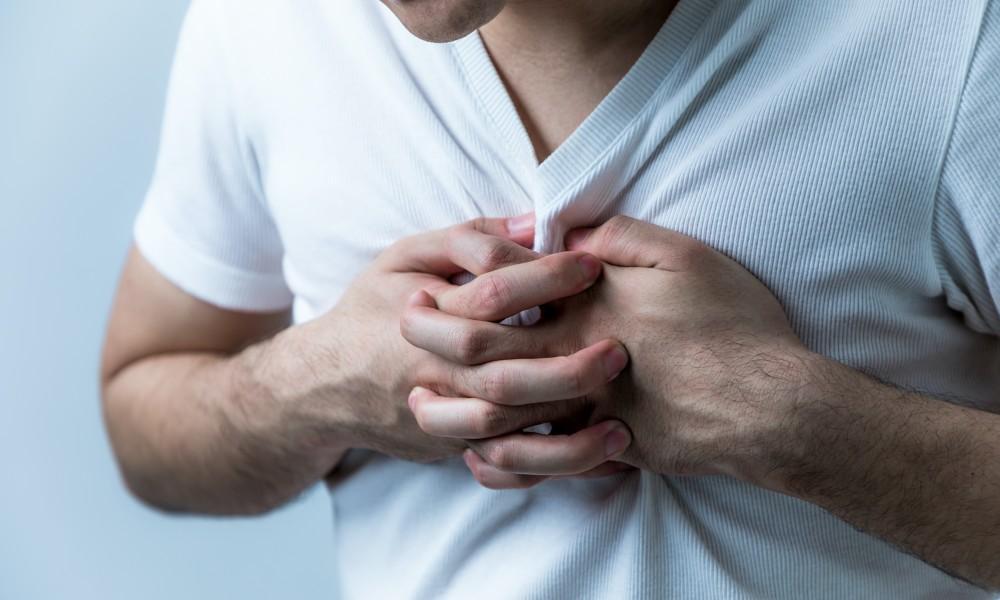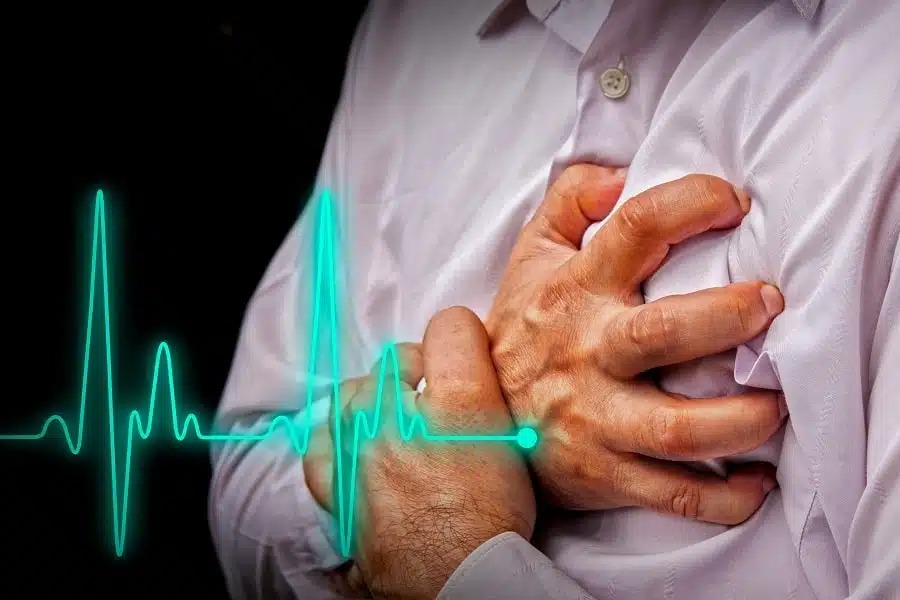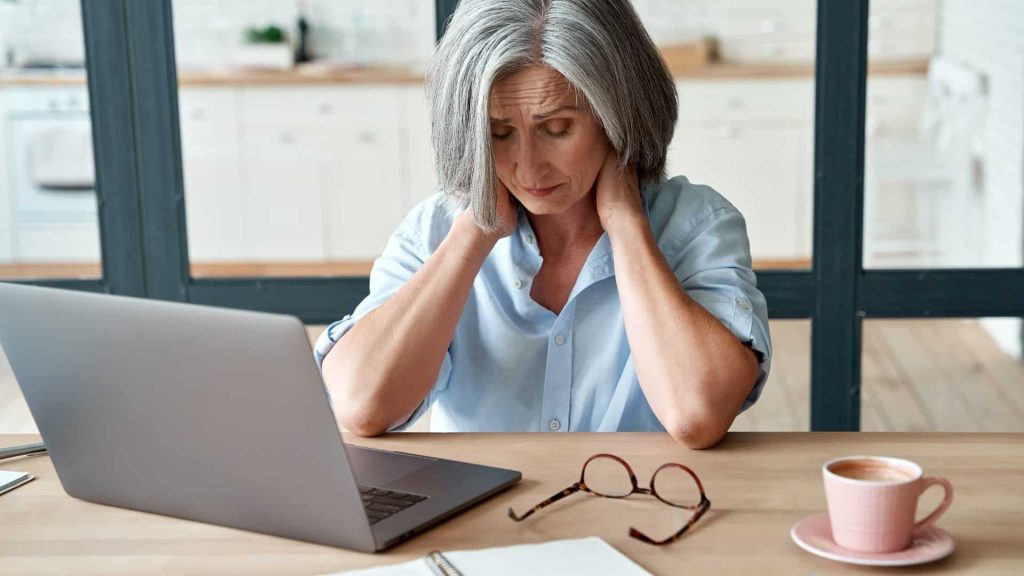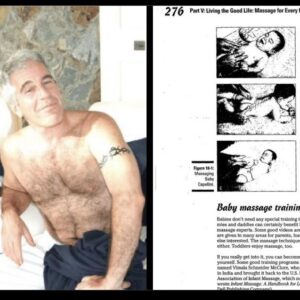Heart attacks can happen suddenly, but in many cases, the body gives off warning signs days or even weeks in advance. Recognizing these early signals can help you get medical help in time — and potentially save your life.
Why spotting early symptoms matters

Heart attacks are a major cause of death worldwide. They usually happen when plaque builds up in the arteries, blocking blood flow to the heart. Without enough oxygen-rich blood, heart tissue starts to die, which leads to chest pain and pressure.
But here’s something many people don’t realize: the body often gives early signs. Catching them early can give you a chance to act before things get serious.
6 signs you shouldn’t ignore
1. Cold sweats and lightheadedness
Poor circulation affects oxygen flow to the brain, which can cause sudden dizziness and sweating. If this happens without a clear reason, get it checked out — it could be more serious than you think.
2. Chest pressure or pain

This is one of the most common signs, yet many brush it off as stress or tiredness. A heavy or tight feeling in the chest could point to heart trouble. Don’t wait — get medical attention right away.
3. Sudden weakness
When blood can’t flow freely, your body may feel unusually weak — even after minor activity. If you’re feeling drained without a clear reason, especially along with other symptoms, it’s time to talk to a doctor.
4. Flu-like symptoms out of nowhere
Some people feel chills, sweating, or a general sense of being unwell before a heart attack. If you feel sick without any obvious cause, don’t ignore it — seek medical advice.
5. Ongoing fatigue

Waking up tired or feeling exhausted all day could mean your heart isn’t pumping effectively. If rest doesn’t help and fatigue lingers, have it checked out.
6. Shortness of breath
If you find it hard to breathe even when you’re not doing much, your lungs might not be getting enough blood. This is a serious warning sign — don’t shrug it off.
What should you do?
If you notice any of these symptoms, don’t wait it out. Even if they seem minor or unrelated, it’s best to speak to a healthcare professional. Taking action early could make all the difference.
Tips for protecting your heart:
- Eat a healthy diet and cut back on saturated fats.
- Stay active with regular physical activity.
- Manage stress through meditation or breathing exercises.
- Keep an eye on your cholesterol, blood pressure, and blood sugar.
Your heart deserves your attention
Think of your heart as the engine that keeps you going. Don’t ignore the signals it sends. If something feels off, listen to your body. It’s always better to get checked and be safe than to regret waiting too long.





